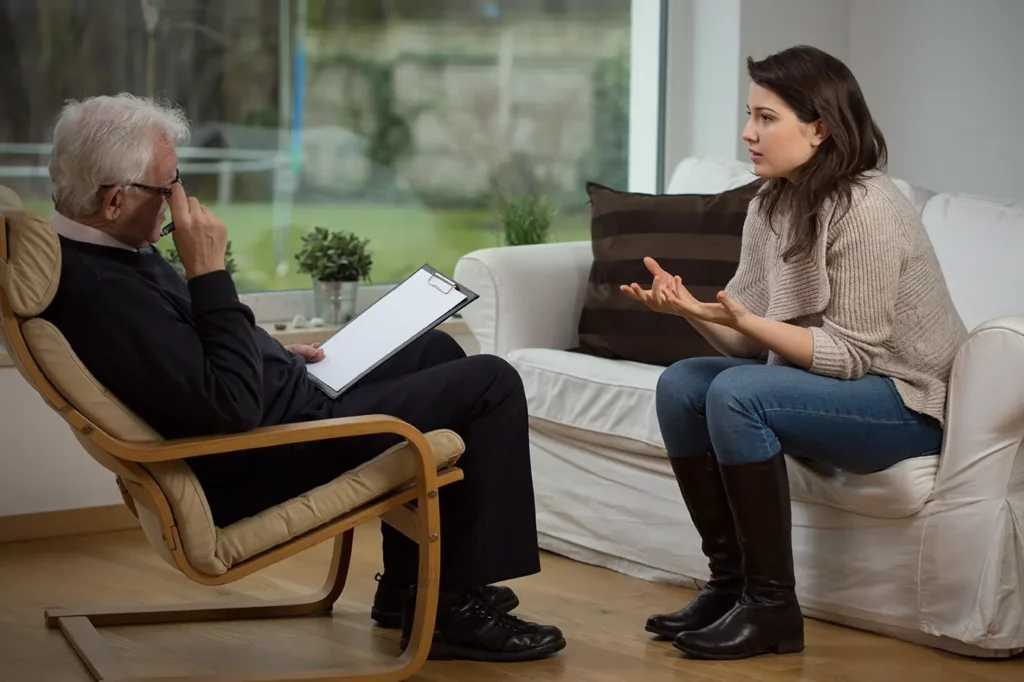24/7 Helpline:
(866) 899-221924/7 Helpline:
(866) 899-2219
Learn more about PTSD Rehab centers in Park Rapids
PTSD Rehab in Other Cities

Other Insurance Options

Covered California

MHNNet Behavioral Health

Cigna

Providence

Highmark

Group Health Incorporated

Evernorth

Multiplan

UnitedHealth Group

Sutter

Health Partners

BHS | Behavioral Health Systems

UMR

Medical Mutual of Ohio

Magellan Health

Carleon

Optum

Access to Recovery (ATR) Voucher

Anthem

CareFirst































Pine Manor Chemical Dependency Services
Pine Manor Chemical Dependency Center is a drug and alcohol addiction treatment center located in Ne...














